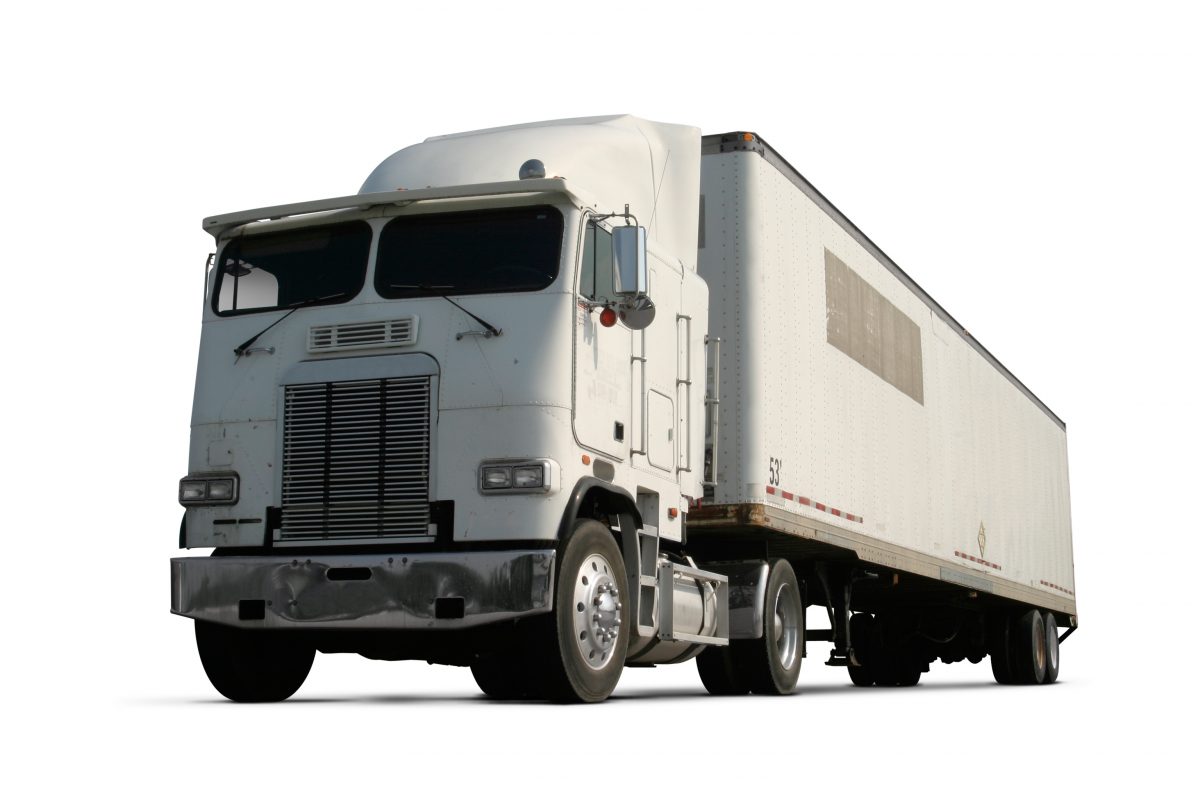Shipment of Household Goods Explained
When planning a family move or relocating for a new job, one of the main points that may come to mind is how to move everything in one’s home. Looking around the house to take stock of your many possessions can cause stress. From clothes to dishes, artwork to vehicles, office equipment to bedroom furniture – decisions must be made on what stays and what goes. Working with a reliable moving company that can promptly and safely pack, and then move your household goods can make that process easier.
What are household goods? While there is no exact definition, household goods (commonly abbreviated as HHG) are most often referred to as a mix of items, utensils, clothing, and furniture that reside in your house. Because there is such a wide range of what fits into the concept of “household goods” it can be difficult (mentally and physically), risky, and time-consuming for an individual or family to move on their own.
If the move is taking place because of a new job or a personnel transfer, many corporate relocation benefit packages include some form of provision for the shipment of the employee’s household goods. In many cases, the relocation management company (RMC) that is managing the employee’s move has access to a reliable HHG transportation company to perform the heavy lifting related to the move. Conversely, some organizations may leave their relocating employees to their own devices to find an appropriate moving company. In these situations, some limited financial support or reimbursement is provided to the employee once the move is complete.
Why You Should Use a Professional Moving Company
Let’s start by pointing out the obvious. If household items are not packed by professionals there is a risk of items being broken or damaged upon delivery. Companies that specialize in household goods shipping can properly pack items to assure reduced risk of the item being broken. Many reliable moving companies will also have insurance for items if something is broken, damaged, or misplaced. In fact, eligibility for shipment coverage may be predicated on the movers performing the complete packing of the household goods.
It is also worth stating that if the relocating employee attempts to pack, move, and transport their household goods in a rental truck, there runs a risk of serious injury. The movement of larger items, improper lifting techniques, and repetitive movements can lead to an injury. This may impact the timeline of the relocation, or possibly result in a workers compensation claim if the move is company-sponsored.
Another fact that many might overlook is the transfer of these personal goods to the new city or state. Traveling cross country in an unfamiliar truck or pulling a trailer is not easy, and can take more time than many might realize. If the relocation is international, the logistics become increasingly complicated and out of the reach of the majority of transferees.
Allowing a professional moving company to pack, handle, and ship the employee’s household goods is more time-efficient. Every relocation consists of many moving parts. Stressing about the packing and moving of the transferee’s household goods doesn’t need to be a complicating factor. Additionally, if moving for a new job or position, there might be a short timeframe in which the relocation has to be completed due to a job start date. Hiring a moving company can help ensure that the household goods are moved quickly and will not hold up the relocation.
The Networks That Support Household Goods Shipping
Unlike the local movers many might think of when discussing moving, relocations generally occur over great distances. The van lines that are contracted to perform these types of moves will use larger trucks and a sophisticated logistics network to move the goods across the nation, or even around the world. Components of this network will include semi-trucks, train/rail cars, airlift vans (special containers for air shipments), and even ocean containers loaded onto vast ocean-based vessels. These networks are used to consolidate shipments and speed the overall transportation process. Commonly, local agents of the transportation company on both sides of the move will be called upon to assist with the loading and unloading process.
Additionally, specialty companies may be called in to perform special crating services, remove and package wall-mounted televisions, prepare sensitive items for transport, or even ship your automobile. Storage solutions are also on tap in the event you need temporary storage at your destination while you find a home, or if you are on an overseas assignment.
Lastly, animal shipments are a commonly overlooked necessity for those relocating. Pets are more than just animals, they are beloved members of anyone’s family. As such, specialized animal transport companies help to ensure the transferee’s pets are traveling under safe conditions. Transporting pets can require additional documents, immunizations, quarantines, and specialized kennels/crates. Transportation methods geared towards animals significantly reduce the amount of stress on the pet as well as instill confidence in the employee’s knowledge that their beloved family member is being well-cared for.
Why You Should Use a Corporate Relocation Company
Working with a corporate relocation company like Global Mobility Solutions can help reduce the stress of household goods shipping. We provide access to our vetted, certified, and highly competitive network of household goods specialists. By including HHG services in a thoughtfully designed relocation policy and moving process, you can ensure that your transferees arrive at their destination on time and with as little distraction as possible, ready to focus on their new position. GMS can be contacted as early as today to discuss the shipment of household goods to any location in the world.
We're Here to Help! Request a Courtesy Consultation
Are you ready to talk to a Mobility Pro? Learn how GMS can optimize your mobility program, enhance your policies to meet today’s unique challenges, receive an in-depth industry benchmark, or simply ask us a question. Your Mobility Pro will be in touch within 1 business day for a no-pressure, courtesy consultation.








